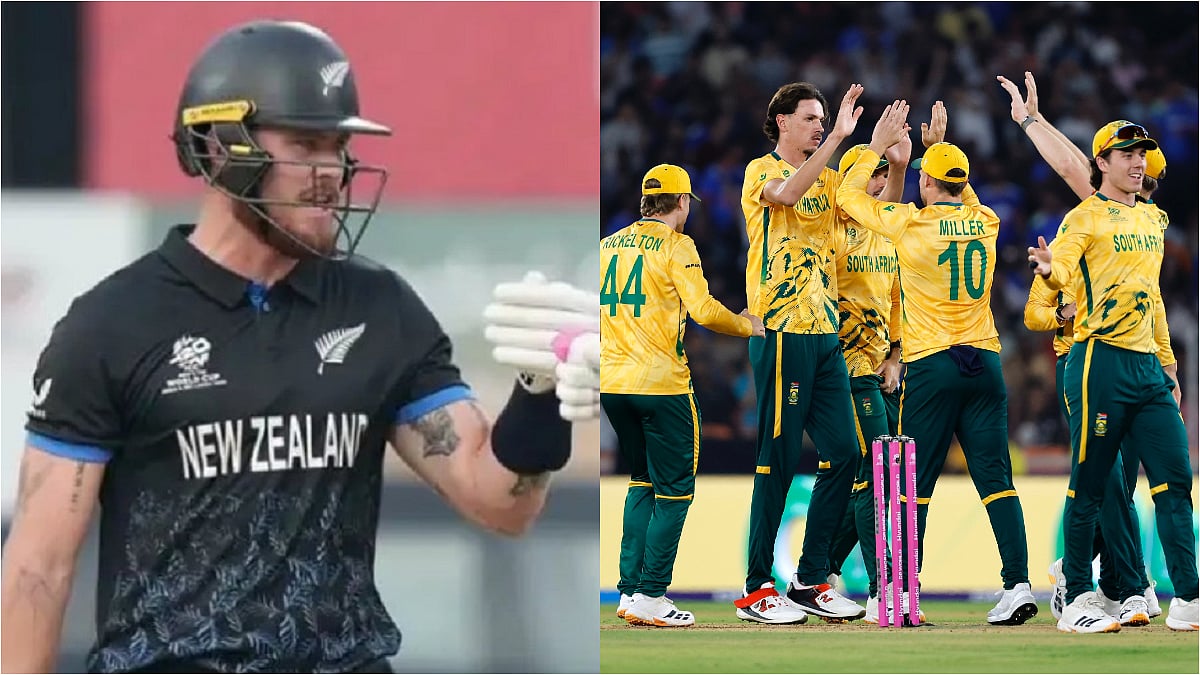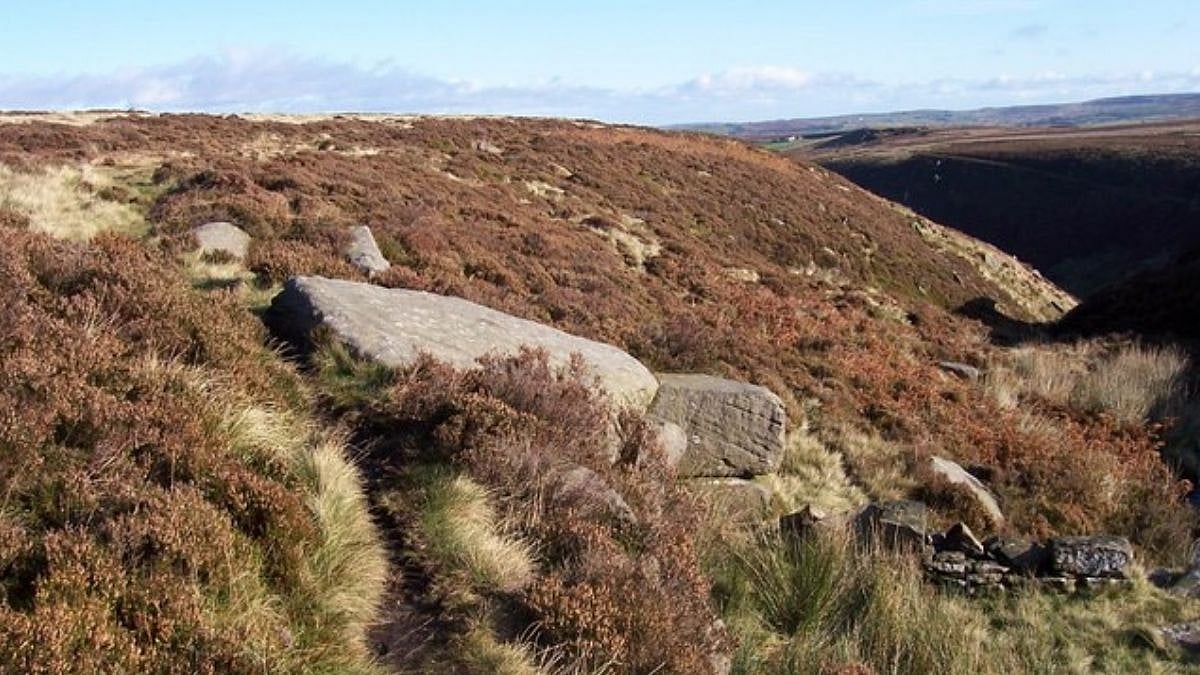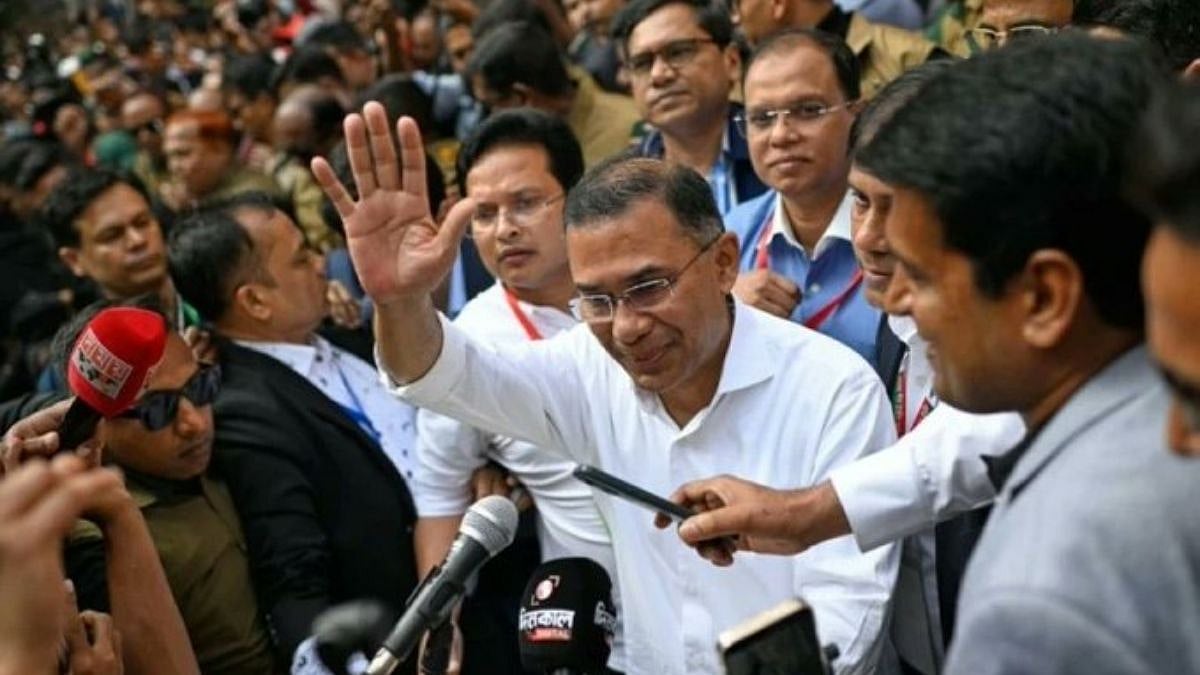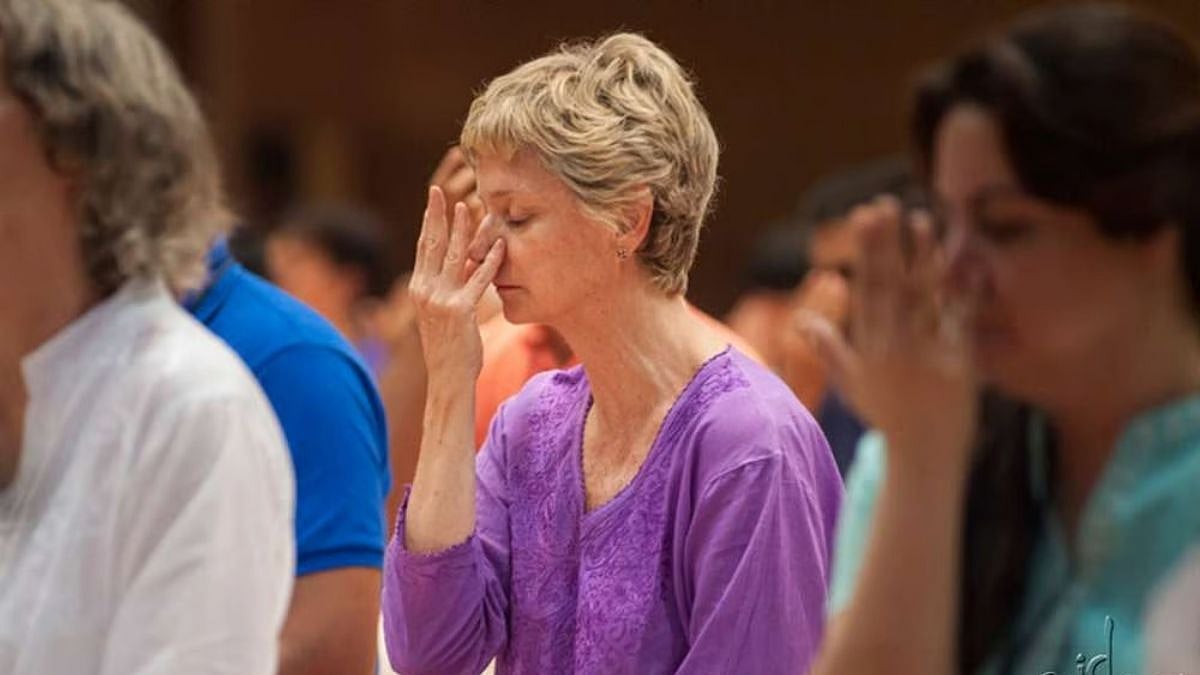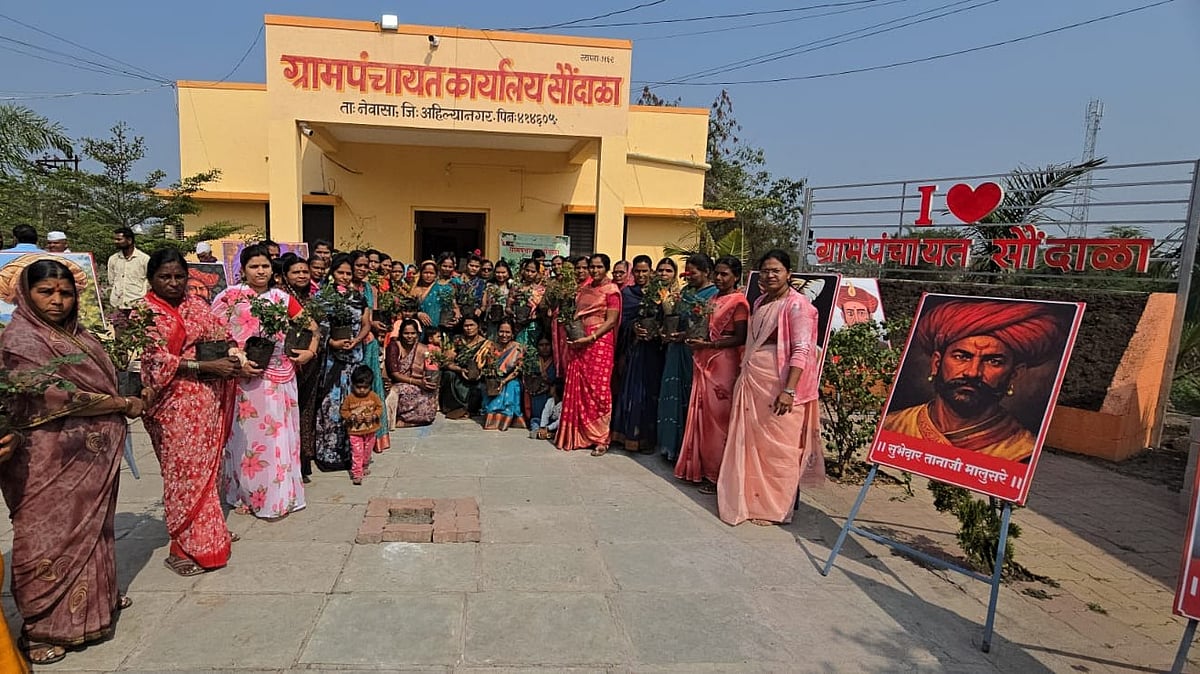With Prime Minister Narendra Modi reportedly making Japan a country he intends to visit following his taking over the reins of power and with the likelihood of Japan’s Prime Minister Shinzo Abe wishing to call on Delhi, the prospects of Indo-Japanese relations rising to new heights seems very much in the running. Interestingly, there seems to be an unbelievable rapport between the two leaders that is hard to explain unless it be on astrological grounds: Both are Virgos, with Modi born in September 1950 and Abe four years later, in September 1954.
In 2007, when Abe visited India as Japan’s Premier, Modi took the initiative to fly down to Delhi to meet him. That same year, Modi, along with some other chief ministers as invitees, visited Japan and reportedly, he then took the opportunity to make a deep study of Japan’s technical achievements. His visit to Japan was closely followed up by a visit to Gujarat by close to 120 Japanese investors on January 18, 2012. While they were expecting Modi to hardsell the state, they were in deep surprise when he addressed them as valued guests and family members. He showcased how Gujarat was handling the two essentials of industry – water and power – and his presentation, it is said, left the investors highly impressed.
On March 22, 2012, he received the Japanese Ambassador to India, His Excellency Seiki, along with the heads of two large Japanese corporations. Inevitably, Modi received an invitation to revisit Japan and this he did, accompanied by a 25-member delegation. Later, an Indian official was to say that “at every place and forum, at every meeting and reception, the Japanese response was unimaginable, showing the keenness of Japan to understand Gujarat as a lucrative location to live in.” Such has been the closeness between Japan and Modi’s Gujarat that following the NDA’s victory in the elections just gone by, Japan’s Premier Abe called Modi personally to congratulate him.
The great thing about India and Japan is that the two countries never had any major conflict except briefly, when India exploded its first set of nuclear weapons which is perfectly understandable, given Japan’s history. But all that is forgotten. Under Premier Abe, a concentrated effort at economic cooperation is in the works. The scope is great. Japan is the fourth largest foreign investor in India, contributing eight per cent of total FDI inflows. Japan pitched in with $1.6 billion in fiscal 2013-14 raising the total between 2000 and 2014 to $16.2 billion. Presently there are 374 Japanese companies who have set up business in India, employing 7,500 Japanese expatriates making their presence felt, which is a beginning, considering that there are 23,000 Japanese companies functioning in China with 40,000 Japanese under employment. India and Japan have a long way to go. But now under Premier Abe, the desire to further strengthen Indo-Japanese relations is very much there. According to media reports, Japan has expanded its currency swap arrangement with India to $50 billion from a low $15 billion last year, contributing to New Delhi’s efforts to arrest the rupee’s free fall. Importantly India today is the largest recipient of Japan’s International Cooperation Agency’s (JICA’s) overseas assistance programme.
According to Economic Times, Tokyo is Delhi’s closest strategic and economic partner in East and Southeast Asia and many mega infrastructure projects in India – from Delhi’s Metro to the $90 billion Delhi-Mumbai Industrial Corridor – are being executed with help from Japan.
It is also playing an important role in the construction of the Western Dedicated Freight Corridor (DFC) and the Chennai-Bangalore Industrial Corridor. India has been slow in reaching out to Japan even when Japan and India have had a happy relationship for years. Among visitors to Japan in the past have been none less than Rabindranath Tagore and Swami Vivekananda. It was incidentally another Bengali, Radhabinod Pal, who refused to condemn Gen Tojo at the World War II International Military Tribunal in the face of western Tribunal members who must have been aghast at an Indian Judge’s courage to give an independent judgment – and the only one to do so. It was Japan, again, which, during World War II, was willing to assist Subhas Chandra Bose in his brave fight against the entrenched British in India.
Right now China, which is having several differences with Japan, must be viewing current developments in Indo-Japanese relations with concern, thanks largely to the growing friendship between the two countries sponsored by Modi and Abe. One can expect a quantum jump in the fields of trade and commerce and technology. In 2012-13, bilateral trade stood at $18.81 billion, just around a bare one per cent of Japan’s foreign trade and a little more than two per cent of India’s total trade. These figures show what is possible, given the desire to work together. It is worth remembering that JICA’s commitment to India stands at $3,781 billion in loans, grants and technical cooperation. There is talk of Japanese firms withdrawing from China. India should be the natural choice for them. Already it is said, Japanese companies are “chomping at the bit” to invest in India.
In the most recent survey of Japanese manufacturers by the Japan Bank of International Cooperation, India is the second favourite investment destination after Indonesia. China has fallen to fourth after being first in every survey since 1992. Delhi must cash in on this, which is what Modi-Abe talks should be all about. One can only hope for the best. And, it is time too, for India to look Eastward in the years to come for peace and prosperity to become a reality – and not just a catch phrase, to beguile the innocent.
M V Kamath




